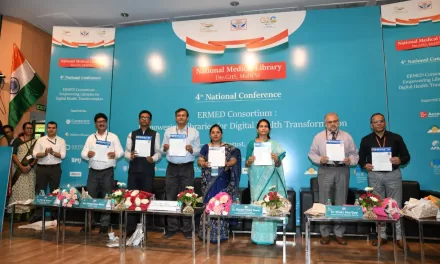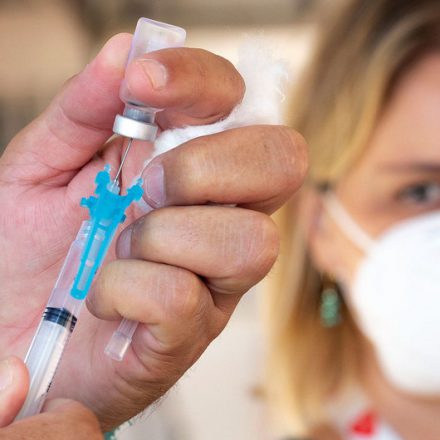
More awareness, survivor-centred services, research and policies are needed to transform mental health care systems to properly support survivors of intimate partner violence.
WHO Departmental news
Improving services
Evidence shows that intimate partner violence profoundly affects survivors’ mental health. Worryingly, when seeking care, services are often found to be lacking. About two-thirds of women receiving mental health services have experienced intimate partner/domestic violence, a number higher than the general population. Sadly, many survivors report finding services unhelpful, harmful, or even retraumatizing.
Raising awareness to understand the connections between intimate partner violence and mental health, and training health care providers in how to look for signs and ask the right questions in the right way are key steps to address violence and its consequences and prevent future violence. Services should be designed to sensitively identify clients living with or affected by intimate partner violence and establish how they can be supported, as opposed to concentrating only on the symptoms.
“The Commission calls for a dramatic shift in the way the mental health system works. Rather than strict categories and diagnoses, we need an approach that recognizes survivors’ experiences of violence and puts their needs front and center in research, policy and services,” said Claudia García-Moreno, WHO Unit Head of Addressing Needs of Vulnerable Populations in Sexual and Reproductive Health, and an author of the Commission.
Rooted in gender inequality
Data from WHO, and the joint UN special research programme HRP and the United Nations Inter-Agency Working Group on Violence Against Women Estimation and Data shows that violence against women is a global problem of pandemic proportions, but remains marginalized both by society and health care providers and policy makers. The Commission has found that reducing intimate partner violence could substantially improve the mental health of community members in all countries and settings.
This is especially true for women and children, as data indicate intimate partner violence is rooted in ongoing gender inequality and exacerbated by other inequalities. An estimated 27% of women and girls older than 15 years have experienced physical or sexual intimate partner violence globally, although rates are much higher in some regions and countries. Most aggressors are men. Evidence shows that both women who experience intimate partner violence and children who are affected, either directly or indirectly, are at a higher risk of developing mental health conditions. Men perpetrating intimate partner violence may also be at higher risk of mental health conditions.
A way forward
“Recognition of the association between intimate partner violence and mental health conditions has grown in the past 10 years, but huge gaps and areas for improvement remain.” said Professor Helen Fisher from King’s College London, UK, Co-Director of the UKRI Violence, Abuse and Mental Health Network and an author of the Commission. “Improving understanding of the links between violence and mental health, is the first step. The next step is to train people in how best to address these often severe, ongoing issues.”
More research is needed to know which groups of people benefit the most from a variety of interventions. It is especially unclear what support and interventions work best for children who have witnessed/are exposed to intimate partner violence.
Geographic and cultural contexts are important in planning safe and effective approaches to prevention and care. The Commission cites a body of research from low- and middle-income countries that show a wide spectrum of findings.
Ultimately, the greatest need is to ensure that people in every setting have access to effective, empathetic, and person-centred mental health care, especially increasing access and understanding in resource-poor settings. Commission authors hope the report will contribute to strengthened policies and services that prevent and respond to intimate partner violence and improve mental health.
Key recommendations
- More investment in prevention and services for violence survivors, working closely with mental health services, is needed to address intimate partner violence.
- Mental health services must use gender sensitive and trauma-informed approaches, co-produced with survivors.
- Train health care staff in gender-based violence and survivor-centred approaches and specifically in appropriate ways to assess and respond to intimate partner violence among individuals who come into contact with their services.
- Practitioners should ask all mental health service users about experiences of violence, including intimate partner violence. Assessments should be done in private by trained practitioners using the World Health Organization’s LIVES principles for first-line response and working within a clear referral network.
- Children and adolescents with emotional and behavioural problems should be assessed for exposure to intimate partner/domestic violence and be offered specific interventions alone and/or with their caregiver(s) as required.
- Researchers should include intimate partner violence as a potential moderator of treatment response in intervention studies and ensure it is measured in new population-based cohorts. They should also improve coordination and cooperation across sectors regarding both data collection for intimate partner violence and core indicators/outcomes to assess interventions to reduce partner violence, ensuring these reflect the priorities of survivors.











